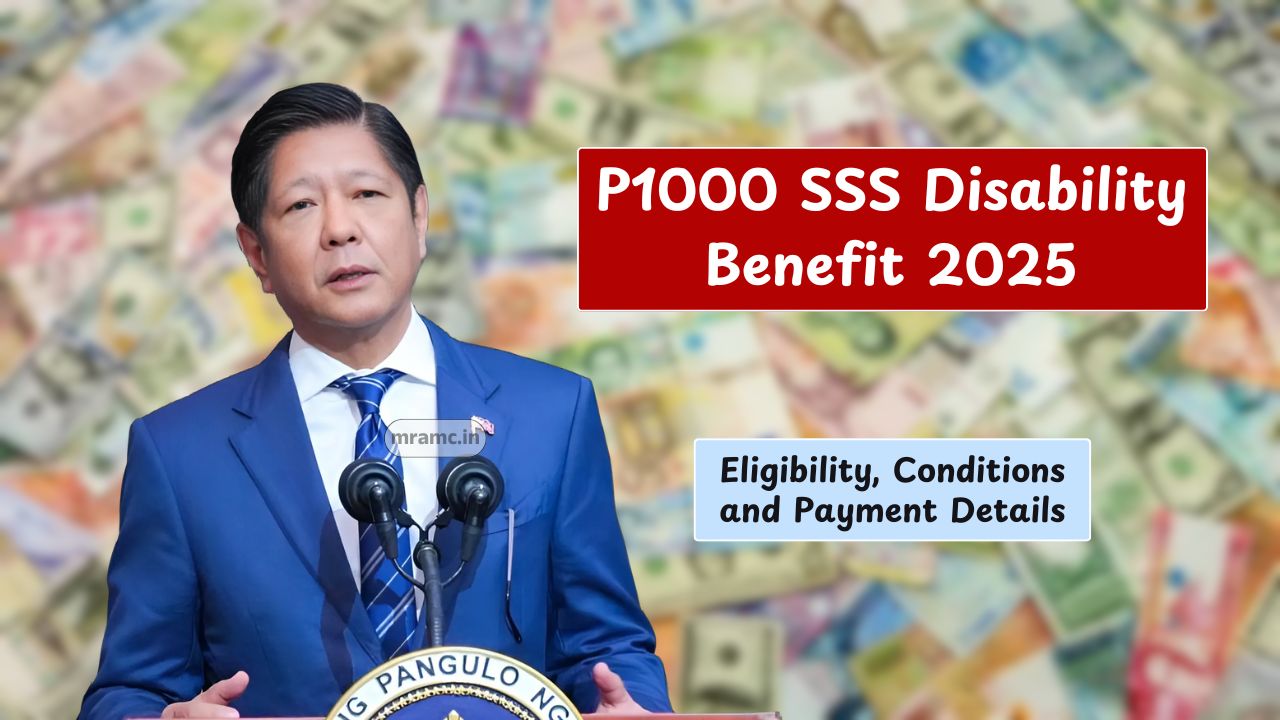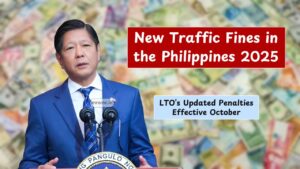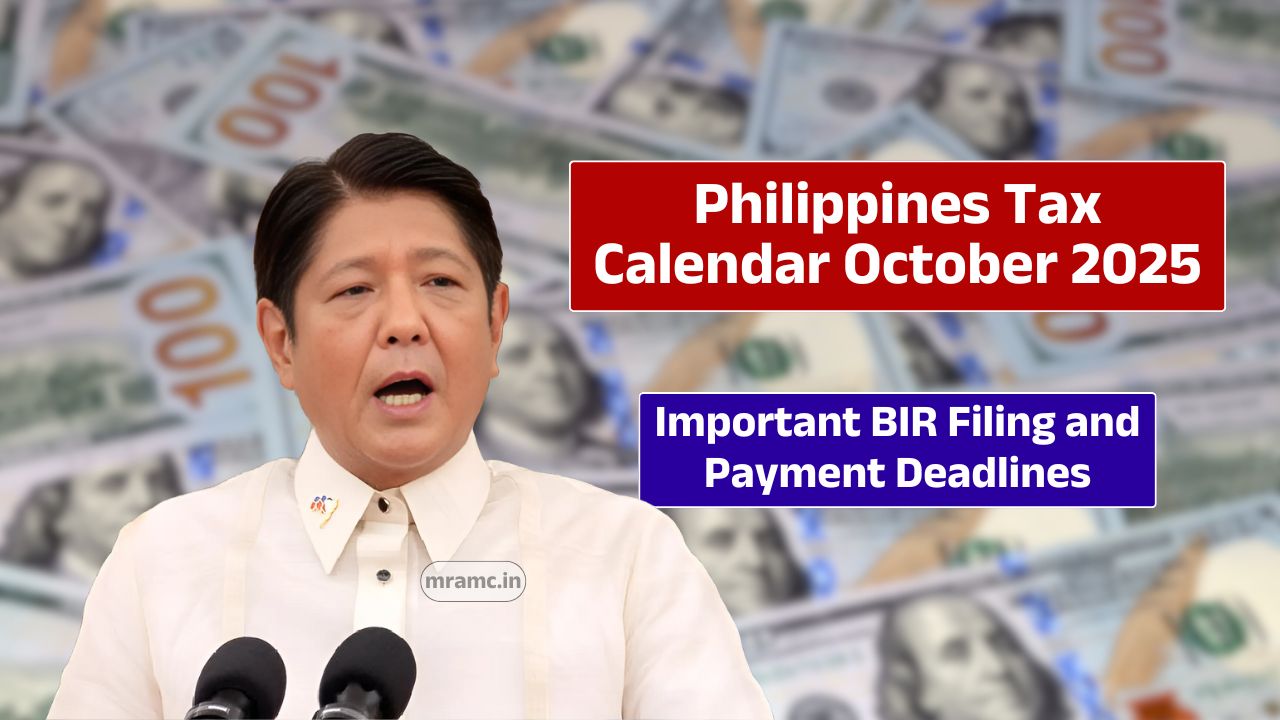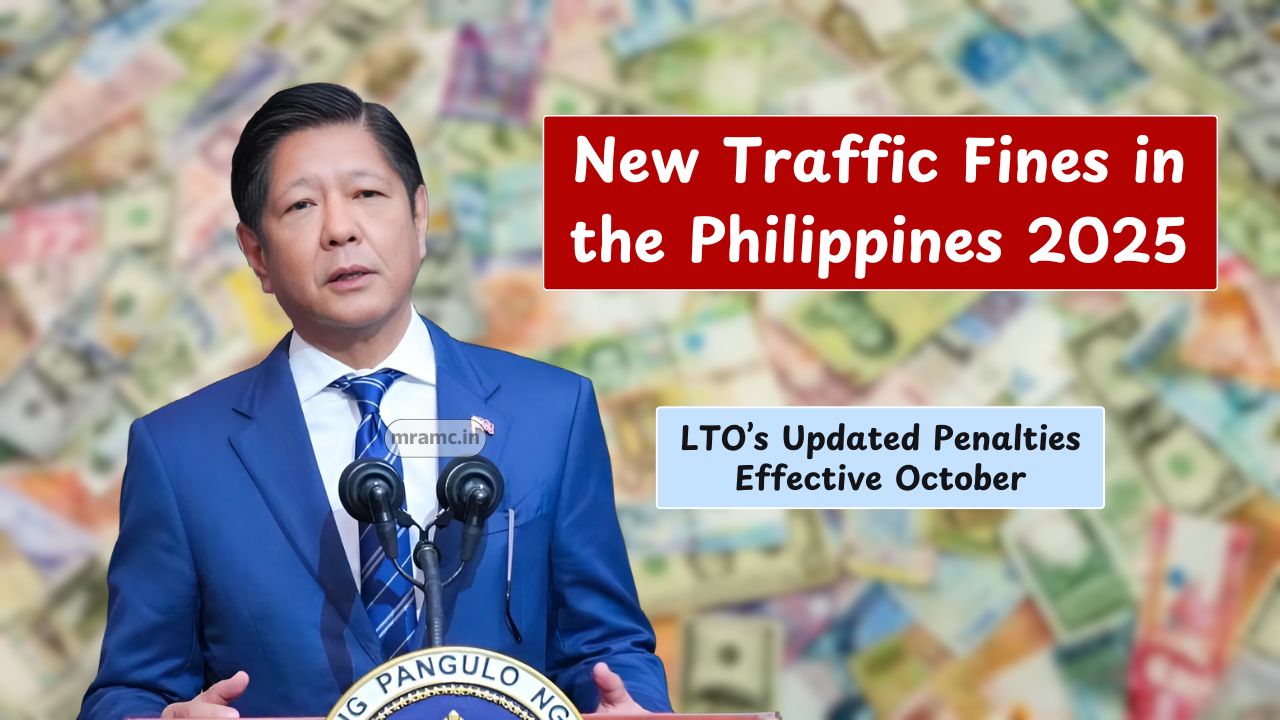The Social Security System (SSS) of the Philippines has been a reliable safety net for millions of workers and retirees. In 2025, the agency continues its commitment by providing financial support to individuals living with disabilities through the P1000 SSS Disability Benefit.
This program is designed to help those who are unable to work due to sickness or disability, offering either a monthly pension or a lump sum payment.
For many Filipino families, this benefit represents not only extra income but also a sense of stability at a time when health challenges can make financial planning difficult. Let’s break down the details of the disability benefit, including who qualifies, how much you can receive, and what conditions apply.
Benefit
The P1000 SSS Disability Benefit 2025 provides direct financial support to members who are no longer able to work due to disability. Unlike short-term sickness benefits, this is focused on long-term or permanent incapacity.
The SSS gives flexibility in how payments are delivered:
- Monthly pension payments for those with long service and sufficient contributions.
- Lump sum payments for members with fewer contributions or partial disabilities.
The amount you receive is calculated based on your Average Monthly Salary Credit (AMSC) and the total years of contributions you have made. Those with a higher number of credited years of service will typically receive more than the minimum P1000.
On top of this, individuals suffering from total disabilities may also qualify for a supplemental allowance, providing extra help where it is most needed.
Conditions
Not all disabilities are treated the same under SSS rules. The system classifies them into two broad categories: permanent partial disability and permanent total disability.
Permanent Partial Disability
This applies when someone permanently loses the use of certain body parts. Examples include:
- Loss of a thumb, finger, or big toe
- Loss of a hand, arm, foot, or leg
- Loss of one or both ears
- Partial or complete loss of eyesight
Permanent Total Disability
This category includes more severe conditions such as:
- Total loss of vision in both eyes
- Loss of two limbs (arms or legs)
- Complete paralysis of two limbs
- Severe and permanent brain injury
The type of disability you are diagnosed with determines whether you will receive a pension for life or a one-time lump sum.
Eligibility
To qualify for the P1000 SSS Disability Benefit 2025, claimants must meet specific requirements set by the agency. These include:
- Medical incapacity to work due to sickness or injury.
- At least three monthly contributions in the year before disability.
- Official notification of your disability, either directly to SSS or through your employer.
- Use of sick leave: You must have exhausted any company-provided sick leave for the year before applying.
Dependents such as children under 18 may also be factored into the computation of benefits.
Here’s a quick reference table:
| Criteria | Requirement |
|---|---|
| Contributions | Minimum of 3 per year |
| Condition | Permanent or partial disability |
| Notification | Notify SSS or employer immediately |
| Sick leave | Must be used up before applying |
| Dependents considered | Children aged 18 and below |
Amount
The benefit amount starts at P1000 but can be higher, depending on your service history. Here’s how the payment structure works:
- Monthly pension: Awarded to members with permanent disabilities and a significant record of contributions.
- Lump sum: Given to members with fewer contributions or partial disabilities.
- Supplemental allowance: Added for members who suffer from permanent total disability.
The longer you’ve worked and contributed, the larger your payout will be. For some, the benefit may exceed the minimum P1000.
Application
Claiming your SSS Disability Benefit requires documentation. Be prepared with:
- Completed disability claim form.
- Medical certificate signed by an accredited physician.
- Proof of contributions.
- Valid IDs and dependent-related documents (if applicable).
You can file your application directly with the nearest SSS office or through your employer if you are still employed at the time of disability. Once approved, the benefit will be credited directly to your registered bank account.
Future
The P1000 SSS Disability Benefit 2025 highlights the government’s commitment to supporting workers during life’s most difficult challenges. While the benefit may not fully replace lost income, it provides essential financial relief that helps disabled individuals and their families cope with daily expenses.
With rising costs of living, programs like this play a critical role in ensuring no Filipino is left without help when disability strikes. For the latest information and updates, members are encouraged to visit the official SSS website (sss.gov.ph) or consult their local SSS branch.
Ultimately, this program is not just about money—it’s about providing dignity, security, and a measure of comfort to Filipinos who have contributed to the system and now need support the most.
FAQs
What is the P1000 SSS Disability Benefit?
It’s financial aid for disabled Filipinos, paid monthly or lump sum.
Who qualifies for the benefit?
Those with disability, 3 contributions, and proper SSS notification.
How much will I receive?
The minimum is P1000, based on salary credits and service years.
Is it paid monthly or lump sum?
Depending on your service record, it can be either option.
How can I apply for the benefit?
File forms and documents at SSS or through your employer.




















